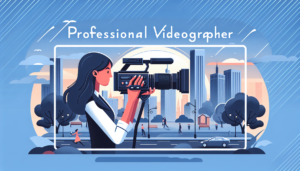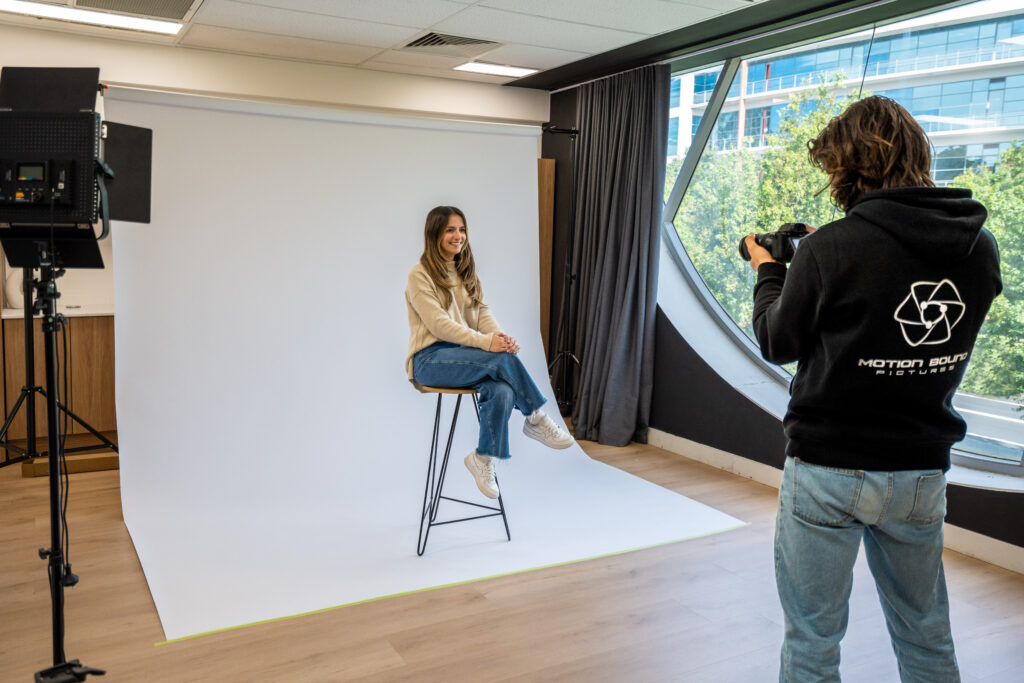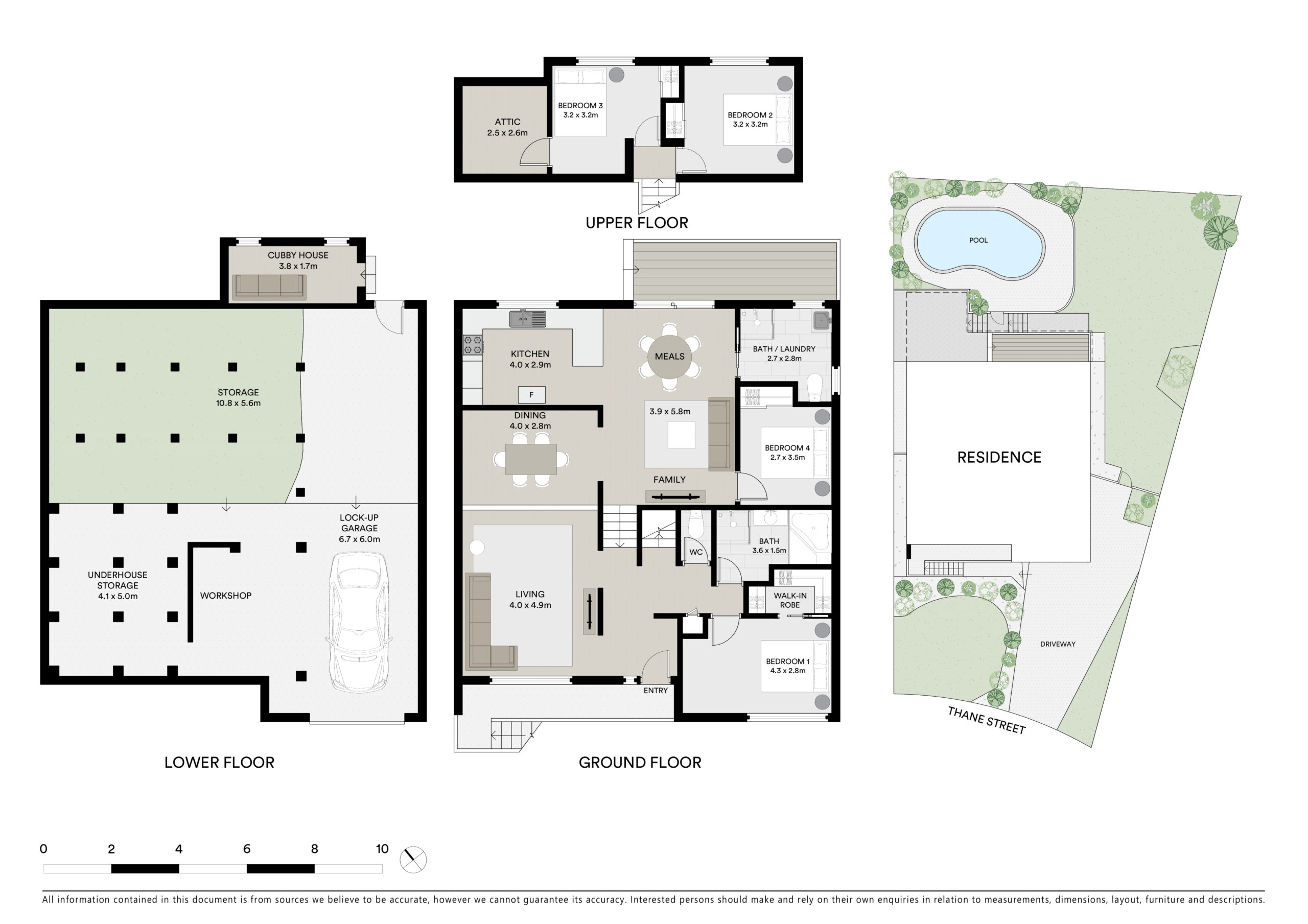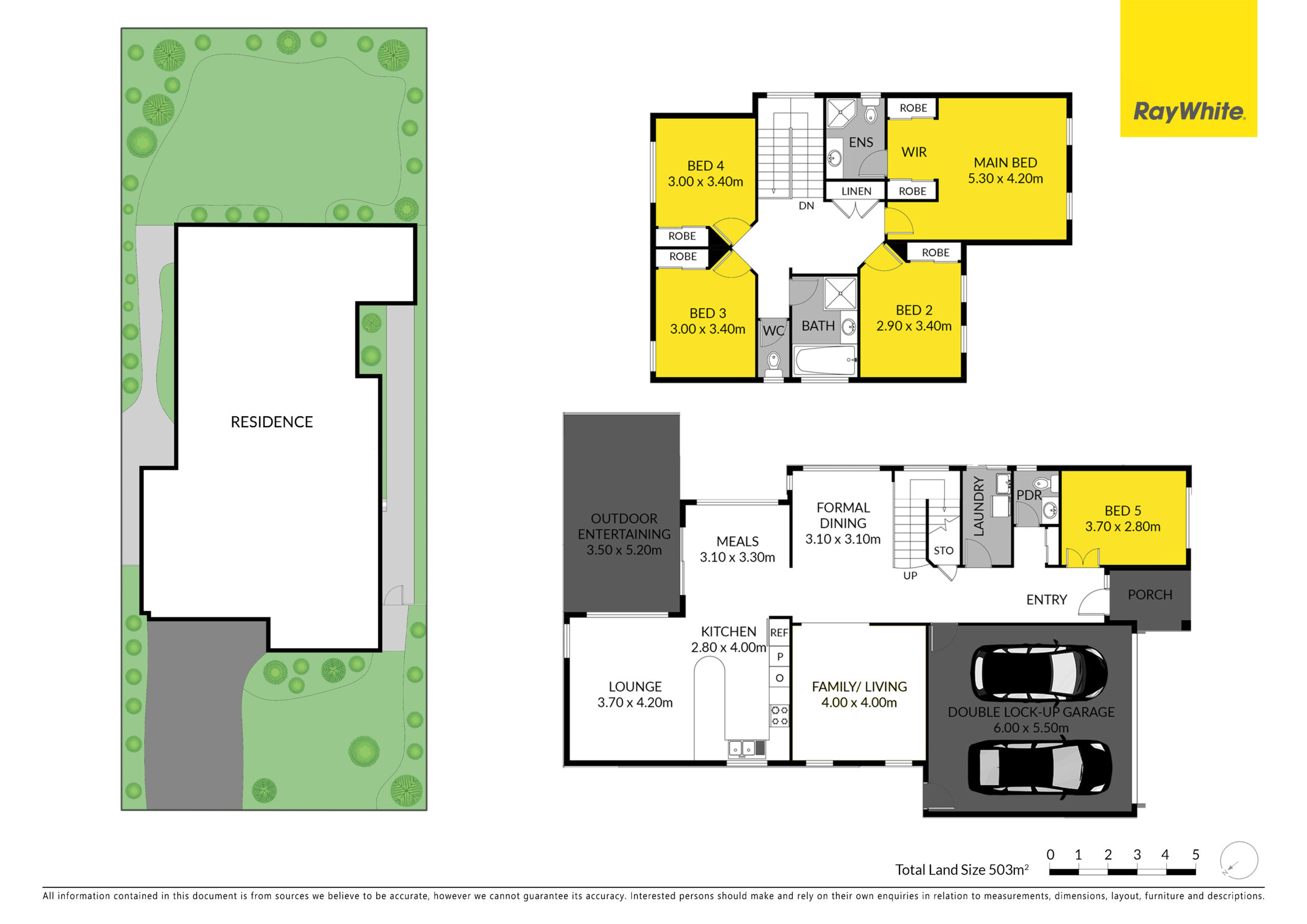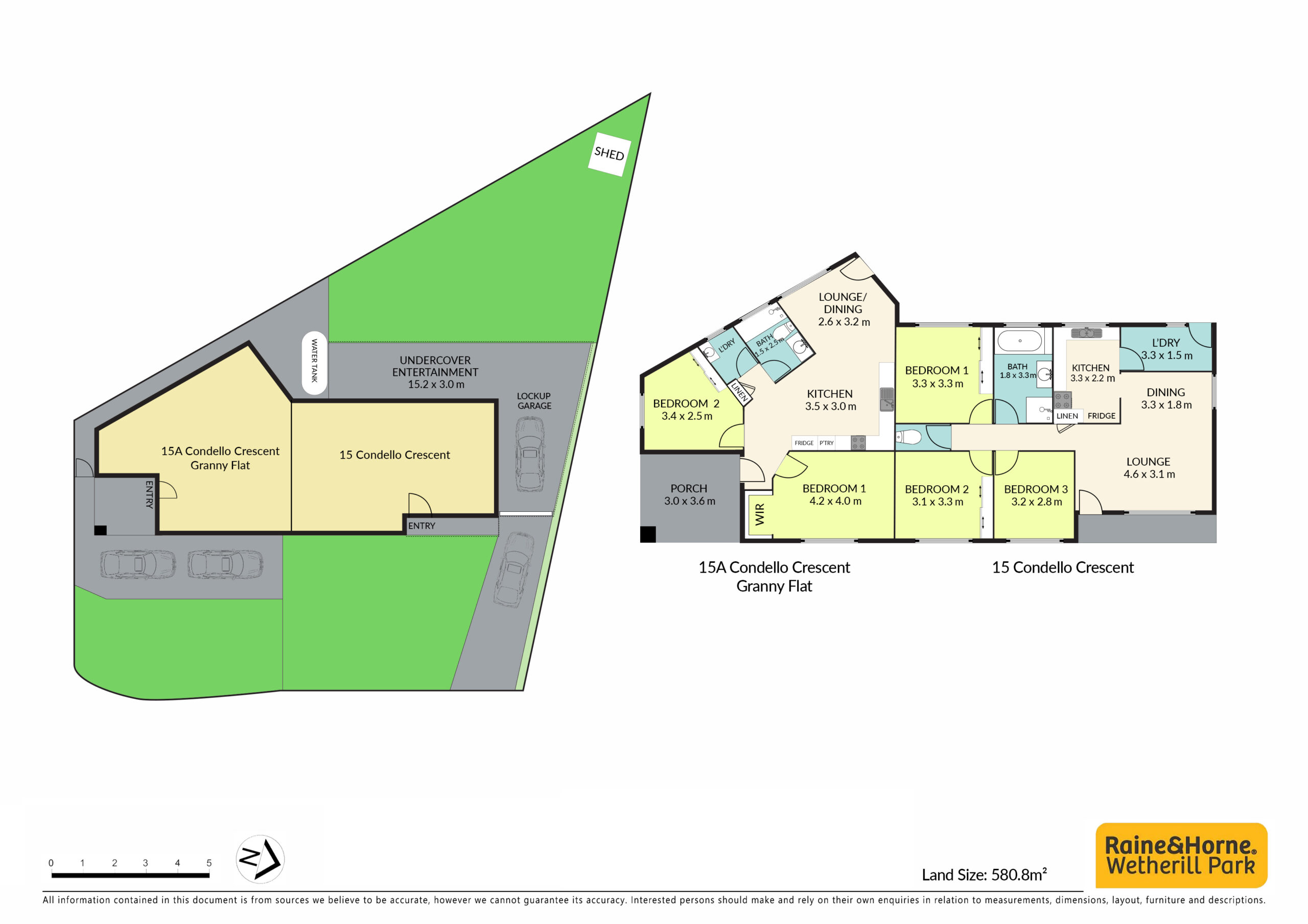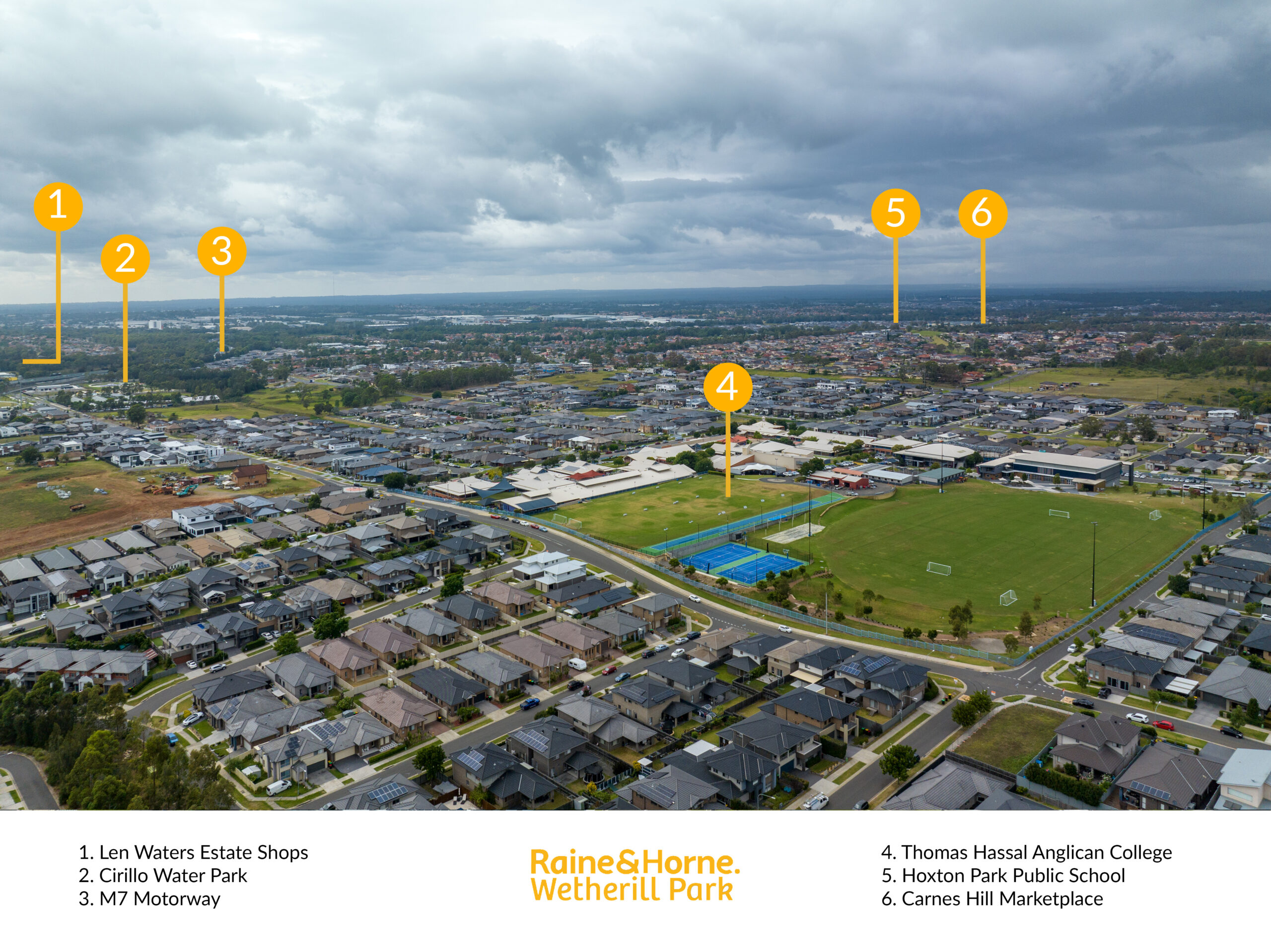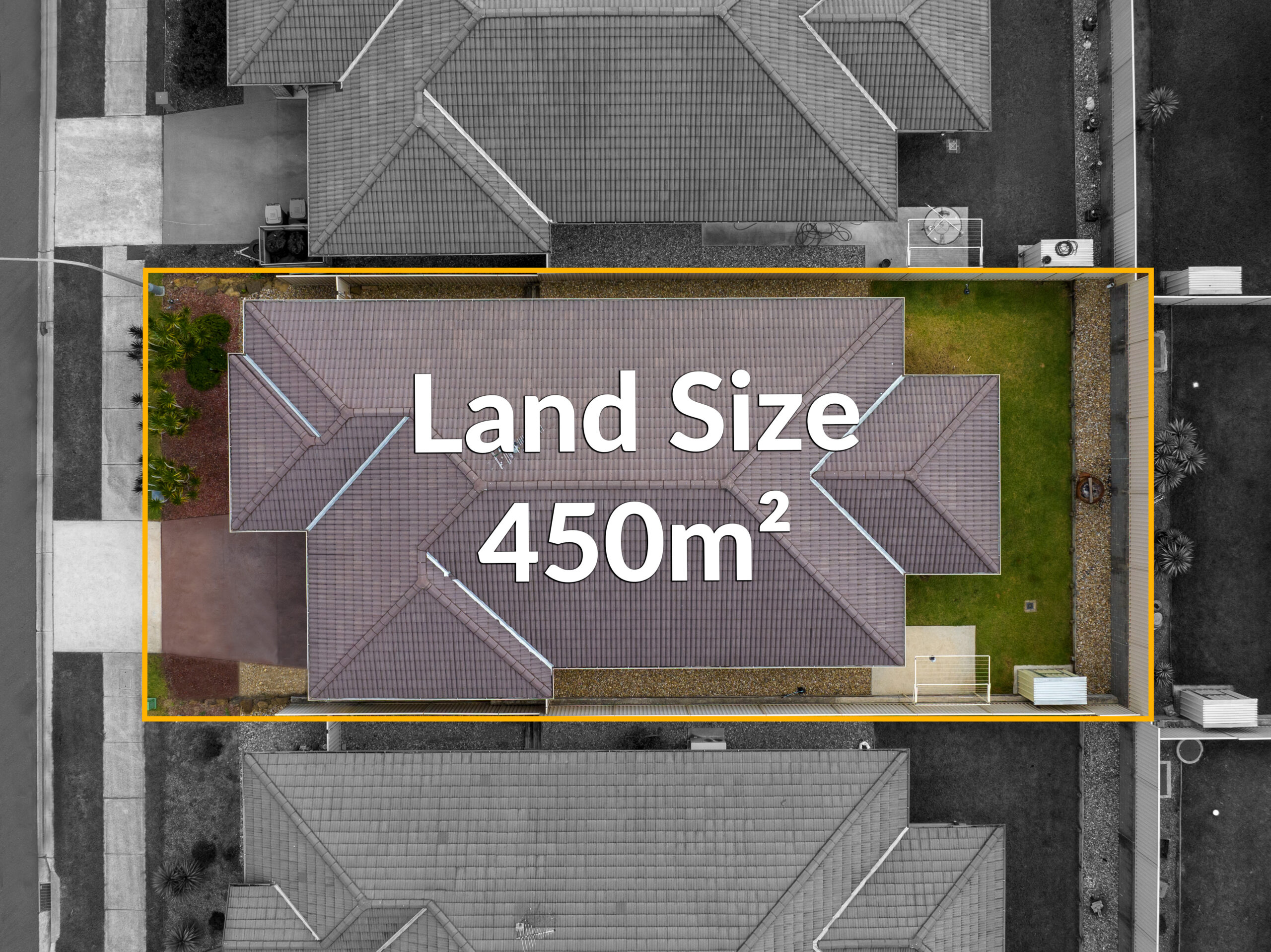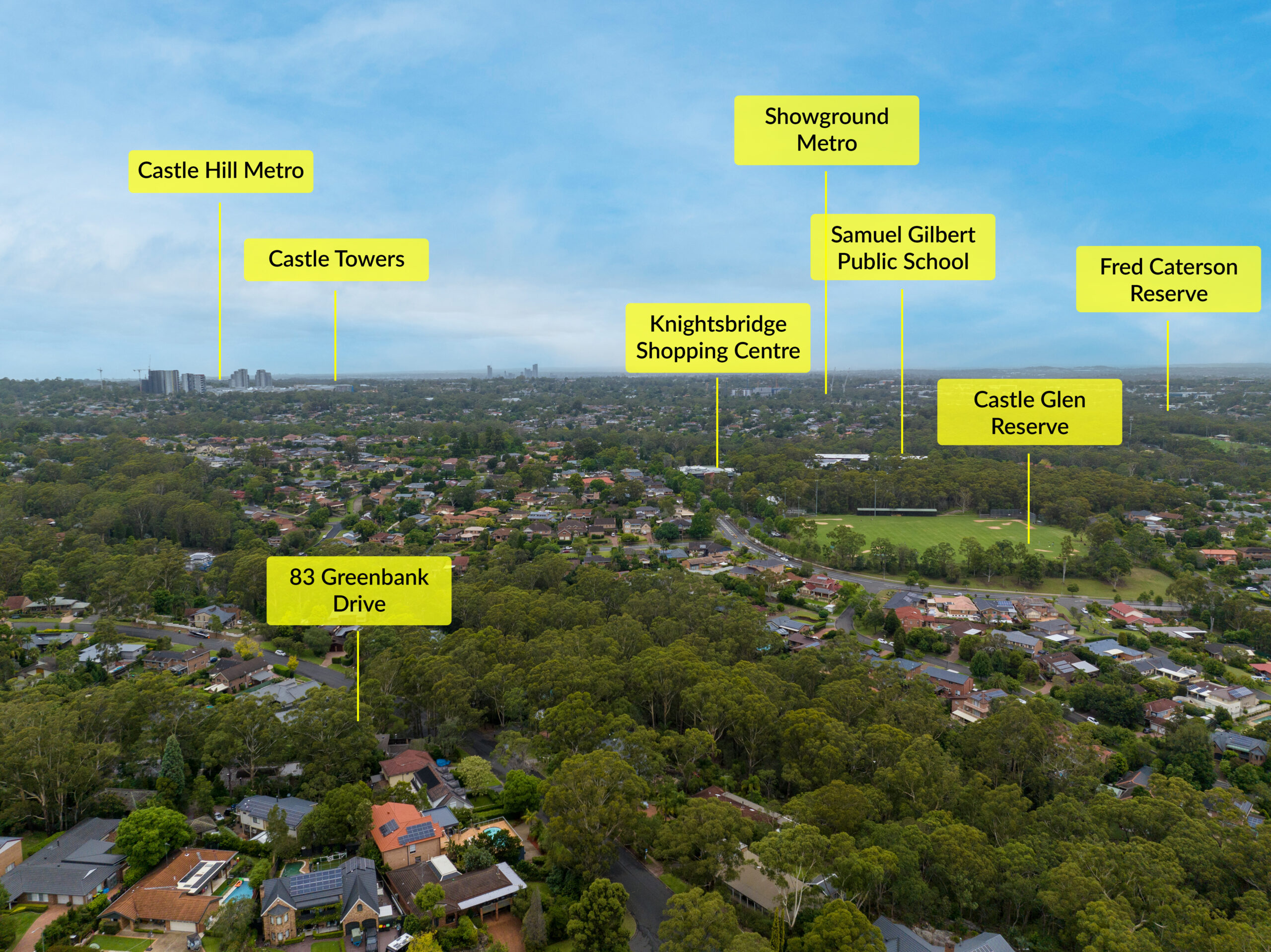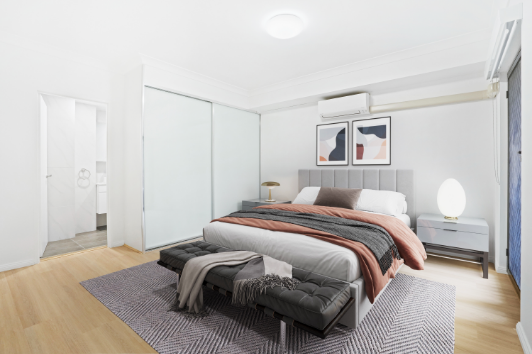Understanding the Role of a Commercial Videographer
The role of a commercial videographer is critical in today’s fast-paced and visually driven market. A videographer specializes in capturing and editing video footage. Still, a commercial videographer focuses particularly on content intended for commercial use—think advertisements, corporate branding videos, product showcases, and other marketing materials. This role requires technical proficiency with camera equipment and editing software and a deep understanding of marketing strategies and brand messaging.
Commercial videographers play a pivotal role in brand storytelling, transforming what might otherwise be a static sales pitch into engaging, dynamic visual narratives. They work closely with marketing teams to ensure that the visual content aligns with the brand’s voice and campaign goals, often translating complex concepts into easily digestible videos. A sharp eye for detail and strong compositional skills are paramount, as every shot and edit can influence the audience’s perception and emotional response to the campaign.
In the digital age, the presence of a commercial videographer in a marketing team is indispensable. They are tasked with staying current with the latest trends in video production, utilizing cutting-edge techniques such as aerial drone footage, motion graphics, and special effects to keep the audience captivated. These efforts are not only directed at aesthetic value but are aimed at maximising engagement and conversion rates as video content continues to demonstrate high ROI in digital marketing strategies.
Beyond the artistic and marketing expertise, commercial videographers often wear multiple hats during a production. They may be involved in pre-production planning, location scouting, and even directing talent during shoots. The breadth of their role highlights the collaborative nature of commercial video production. It underscores the importance of an adaptable videographer who can thrive in a team environment to create content that resonates with its intended viewership.
What to Look for in a Professional Commercial Videography Portfolio
When assessing a professional commercial videographer’s portfolio, several key factors must be considered to ensure you’re selecting the right individual or team for your project. The portfolio showcases the videographer’s talents, style, and experience. As such, it’s important to scrutinize the variety and quality of the work presented.
Range of Work and Specialization
First and foremost, examine the range of work the videographer has produced. A diverse portfolio that features a variety of commercial projects can indicate a versatile professional capable of adapting to different industries and styles. Look for a mix of short-form advertisements, branded content, and corporate videos to understand their breadth of skills. However, if your needs are very specific, a portfolio specialized in your sector—fashion, automotive, or food and beverage—can strongly indicate relevant experience and a deep understanding of your target audience.
Technical Quality and Aesthetics
The technical quality of the videos is non-negotiable. High-definition resolution, smooth editing, and professional-grade sound mixing indicate a videographer’s attention to detail and commitment to quality. Watch for clear, crisp images, stable footage, and whether the visual effects enhance the storytelling without overshadowing the message. It’s not just about the resolution; the videographer’s sense of composition, color grading, and the ability to create visually compelling content are essential in making your commercial stand out.
Storytelling and Audience Engagement
The most critical element in a commercial videography portfolio is the ability to craft a story that resonates with the target audience. Effective commercials often evoke emotions, create connections, and ultimately drive action from viewers. Examine the videographer’s past work for a clear narrative flow, compelling messaging, and whether it includes a strong call to action. Look for testimonials or case studies that illustrate the work’s impact on the client’s objectives, whether to increase brand awareness, launch a new product, or drive sales.
In conclusion, it is pivotal to remember that a commercial videography portfolio is your window into the professional’s vision and capability. Take your time to watch and analyze the content critically before deciding. A portfolio that exemplifies attention to detail, craftsmanship, and effective storytelling is likely to predict the success of your commercial video content.
How to Match Your Brand’s Style with the Right Videographer
When presenting your brand’s identity and values, the visual storytelling that a videographer brings to the table is invaluable. Finding the right videographer who understands your brand’s style and can enhance it through video content can significantly impact your marketing efforts. To ensure a perfect match, it’s essential to consider a few key aspects.
Understanding Your Brand’s Core Aesthetics
Firstly, you must have a clear grasp of your own brand’s aesthetics. Is your brand’s style fun, whimsical, or more serious and professional? The videographer’s previous work should resonate with your brand’s look and feel. Review their portfolio and see if their previous projects have a visual style that aligns with your brand. Pay special attention to their use of color, lighting, and composition, which are all tell-tale signs of their aesthetic sensibilities.
Assessing the Storytelling Approach
Storytelling is the backbone of effective video content. A videographer’s ability to convey a message through a cohesive narrative that aligns with your brand’s message is crucial. Are their videos more focused on emotional appeal, or do they use a straightforward, factual approach? Choosing a videographer whose storytelling technique can connect with your target audience while still being true to your brand’s voice is important.
When discussing with potential videographers, consider how they plan to translate your brand’s objectives into visual stories. Even the most impressive videographer might not be the right choice if their vision doesn’t match what you want. A great videographer doesn’t just create visually stunning content; they create content that speaks in your brand’s language.
Remember, the right videographer for your brand is not just someone who can shoot and edit video but is a strategic partner capable of amplifying your brand’s identity through the powerful medium of film. Your goal should be to find a professional who can not only produce high-quality visuals but understands the nuances of your brand and can execute that through compelling video narratives that captivate and engage your desired audience. Remember these points during your search, and you’ll be better positioned to choose a videographer who is in tune with your brand’s style and message.
Tips for Budgeting for a Commercial Videography Project
Embarking on a commercial videography project involves a delicate balancing act between creativity and fiscal responsibility. A clearly defined budget helps manage your expenditures and lays the groundwork for a successful production. A fundamental step is to break down the costs into distinct categories such as personnel, equipment, locations, and post-production. This approach offers a granular view of where funds will be allocated and helps prevent overspending in one area while underfunding another.
Personnel costs are often the backbone of budgeting for a commercial videography project. It’s crucial to account for the expenses of hiring a skilled crew, including directors, camerapersons, sound technicians, and editors. Each role is pivotal to the project’s success, and their expertise comes at a cost. To optimize expenditures, consider roles that can be doubled up and when peak performance is a must versus when you can use less experienced, more affordable assistance—additionally, factor in expenses such as travel, meals, and accommodations for on-location shoots.
Allocating funds for equipment rental or purchase is another key budget component. Depending on the scale and scope of your project, this could range from high-definition cameras and drone technology to lighting rigs and sound gear. While it might be tempting to opt for the latest tech to ensure high production values, consider the functionality versus cost and whether the equipment will substantially improve the final product relative to its expense. Additionally, a contingency fund for unforeseen equipment needs or malfunctions can arise even with meticulous planning.
Permissions and rentals can significantly impact your budget in terms of locations and logistics. Conduct thorough research to identify cost-saving alternatives without compromising on the project’s vision. Sometimes, public places can be utilized at minimal costs if the proper channels are navigated for permissions. Be mindful of the hidden costs of different locales, such as transportation to remote areas or additional fees for shooting in high-profile venues. Effective negotiation and scheduling can further curtail location expenses and keep your project within budgetary constraints.
Questions to Ask Before Hiring a Commercial Videographer
When hiring a commercial videographer, homework is crucial for ensuring a successful collaboration and a final product that meets your business objectives. It is essential to understand precisely what you’ll be getting from the service provided. Here are some pertinent questions that will help you make an informed decision.
Experience and Portfolio
One of the first things to inquire about is the videographer’s experience in commercial video production. Ask to see their portfolio and look for work that shows their ability to adapt to different brand styles and messages. Reviewing their prior projects can give you a clear insight into their level of proficiency, aesthetic appeal, and storytelling capability.
Understanding Your Brand and Vision
Ensuring that the videographer deeply understands your brand and the message you want to convey is fundamental. Ask them how they plan to portray your brand through their lens and what creative ideas they have to align with your vision. Communication is key, so make sure they are willing to listen and collaborate closely with you to produce a video that resonates with your target audience.
Project Scope and Deadlines
The scope of the project and the timeline for completion are crucial details that need clear articulation from the outset. Discuss with the videographer the scale of the project, the stages involved, and the expected deadlines for each phase. Understanding these details will help manage your expectations and keep the project on track.
It’s also wise to ask about the post-production process, including editing, sound mixing, and color grading, which are all essential in crafting the final piece. Knowing who is responsible for these aspects and how much input you’ll have during post-production can avoid misunderstandings and ensure that the final video truly represents your brand.


